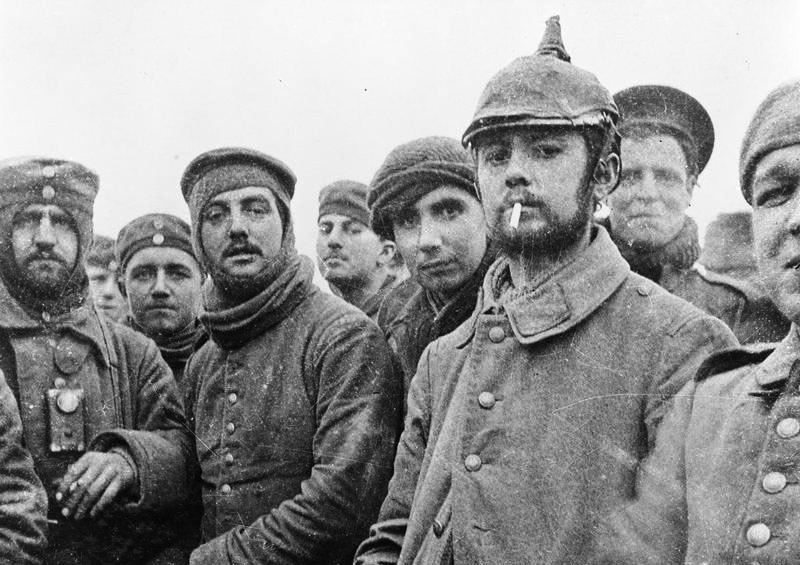Christmas Truce refers to a number of brief, informal cease-fires that began between groups of British and German soldiers fighting in World War I (1914-1918). The cease-fires began on Christmas Eve, Dec. 24, 1914, on the war’s Western Front in Belgian Flanders and northern France. The lulls in the fighting enabled the soldiers in the trenches to celebrate the holiday and even to exchange greetings with soldiers on the opposing side. The length of the agreements varied from one location to another.

As the first Christmas of the war approached, many soldiers had been fighting since August. Already, hundreds of thousands had been killed, and the winter weather had turned the trenches into muddy pits. Suffering was common to all front-line soldiers, but both sides took the time to celebrate Christmas. Soldiers received holiday parcels from their friends and families, as well as official gifts—such as chocolate and tobacco—from their governments. German troops brought Christmas trees to the trenches and decorated them with candles. Soldiers sang Christmas carols and held up banners with holiday wishes for their enemies.
At various positions on the battle line, soldiers offered temporary truces for the celebration of the holiday. Throughout Christmas Eve and Christmas Day, many German and British troops walked above ground in relative safety. Some of them even shared food and drink, exchanged gifts and addresses, and took photographs. In at least one instance, soldiers engaged in a friendly soccer match between the enemy sides. Soldiers also used the truces to bury the dead.
Most of the temporary truces ended the day after Christmas, but in some areas the peace lasted until New Year’s Day, 1915. German and British commanders did not approve of the truces, and they quickly ended the agreements once they learned of them. Commanders issued firm orders against cease-fires for December 1915, but short, isolated truces nevertheless were reported. There were no such truces in 1916 or 1917.
Holiday truces between the Germans and French and Belgian troops were not as common as they were between the Germans and the British. Because Germany had occupied—and in some cases destroyed—much of Belgium and northern France, attitudes toward the Germans were not as friendly.
